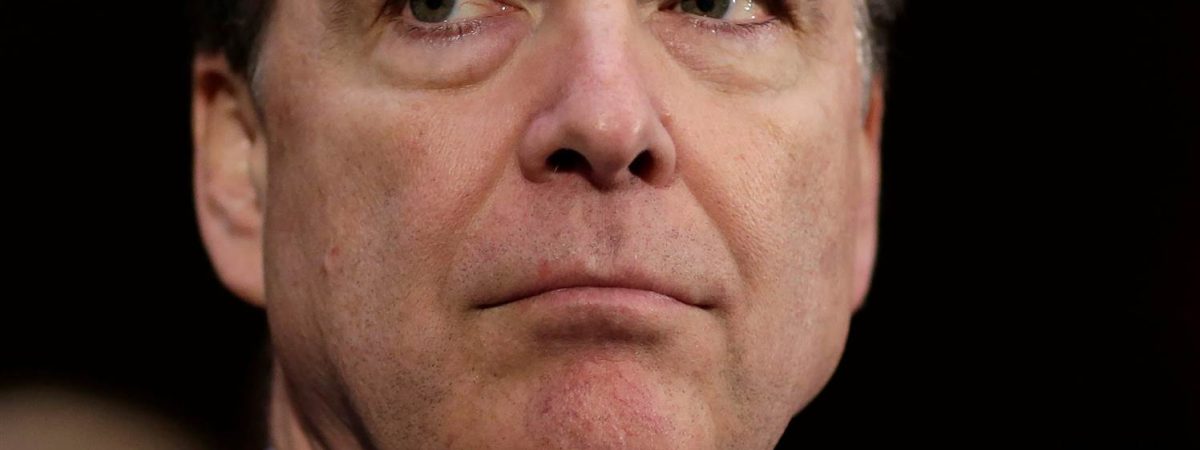The FBI director, James Comey warned that the chances of collecting evidence through the cyber world are getting narrow when civil liberty groups are expressing fear at the technologies CIA is using to spy electronic devices.
On Wednesday, Comey said in a Cyber Security Conference at Boston College,” Picture a room. There’s always been a corner of the room that was dark to us, where nation-states and the most sophisticated criminals would find ways to encrypt their data.”
“More and more of that room is becoming dark as encryption has become the default, available through a huge number of apps. It becomes a feature of the work of drug dealers, armed robbers, terrorists, pedophiles, and bad people of all sorts.” He added.
Giving an example, Comey said then in a period of last three months of 2016, FBI Labs have received about 2,800 electronic devices sent in by local police and federal agents in search of clue they contain. But “using any technique”, 1200 of them were unable to open.
“That shadow is spreading from the corner to more and more of the room.”
Over the case of terrorist shooting in San Bernardino, California in December 2015, the FBI fought a case against Apple to get access on the smartphone used by one of the assaulter. Agents ultimately got the access to the phone by paying thousands of dollars to a unrevealed person who comes up with the technique to breach the iPhone’s security features.
As Comey uttered, civil liberty groups were reacting to the latest hot burst of WikiLeaks documents, consisting what seems to be the depiction of ways established by the CIA to crack into computers and eavesdrop on conversations.
Marc Rotenberg of the Electronic Privacy Information Center said: “The Wikileaks disclosure reveals a wide range of previously unknown vulnerabilities in popular consumer products, including the iPhone, the Android phone, and the Samsung Smart TV.”
“Congress should move quickly to establish a data protection agency to help address the enormous privacy risks American consumers will now confront.”
The CIA is denying to authenticate the legitimacy of leaked documents and said it is prohibited by law to spy on anyone inside the US.
“CIA is legally prohibited from conducting electronic surveillance targeting individuals here at home, including our fellow Americans, and CIA does not do so,” said Dean Boyd, a spokesman for the agency.
According to him, CIA’s activities are subject to rigorous oversight by Congress.
Share this article
About the Author
Zehra Ali is a Tech Reporter and Journalist. She has done her Masters in Mass Communication. Topics related to cybersecurity, IoT, AI, Big Data and other privacy matters are extensively covered by her on various platforms. You can follow her on twitter.
More from Zehra AliRelated Posts
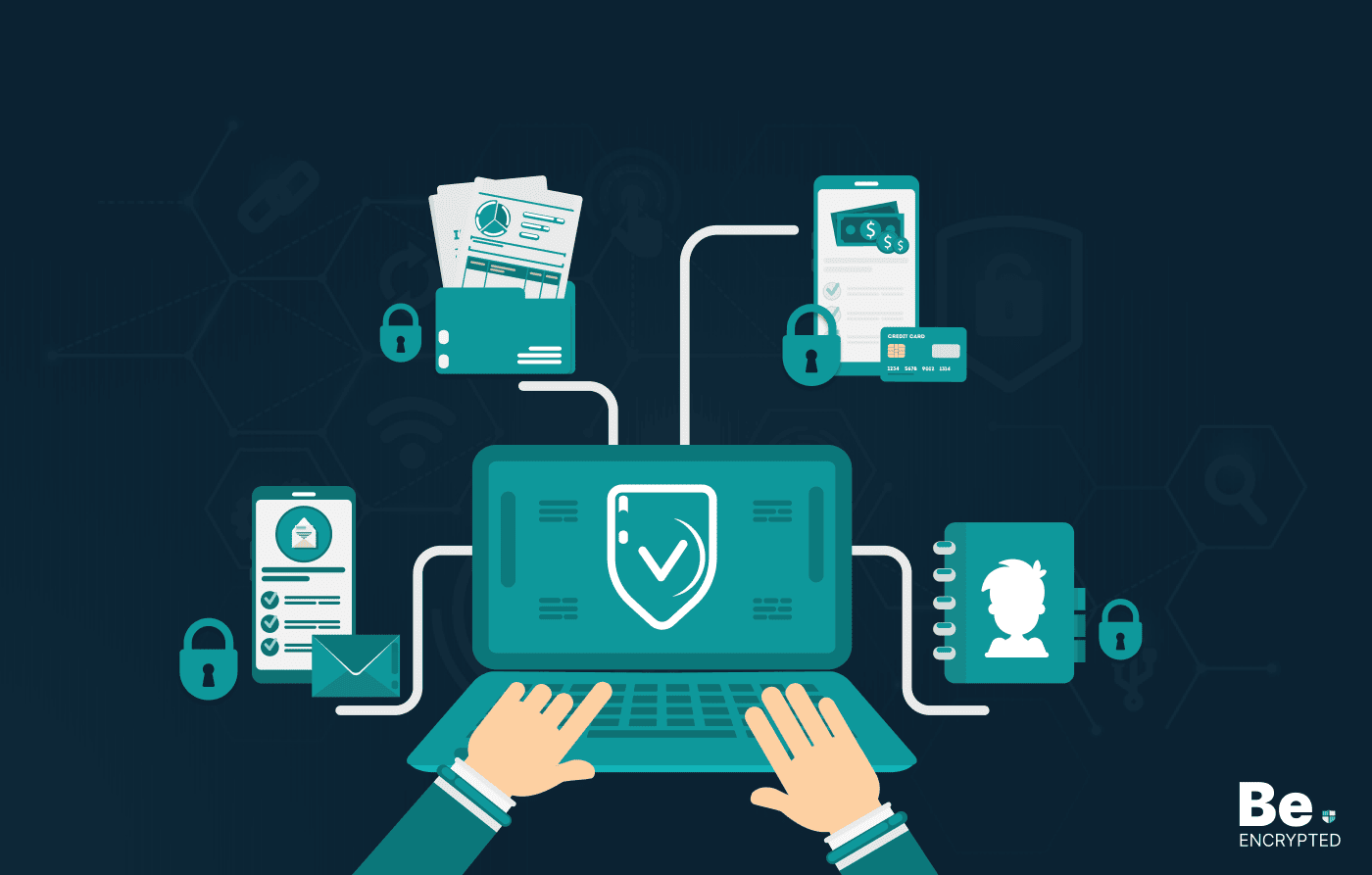
Passengers’ Data Stored on User Devices, not on DigiYatra Storage, says India Govt
KEY TAKEAWAYS Unblocking streaming content from Amazon Prime is easy only if you know the reliable V...
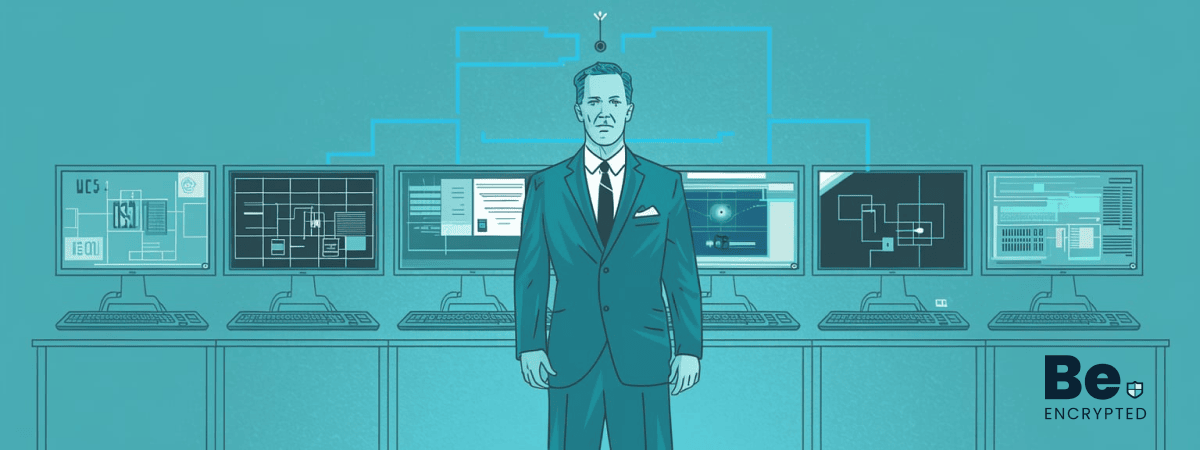
NCSC Chief: Clear Rules Needed to Prevent Cyberspace Conflict and Struggle
A safe and secure digital world necessitates a clear definition and enforcement of international cyb...
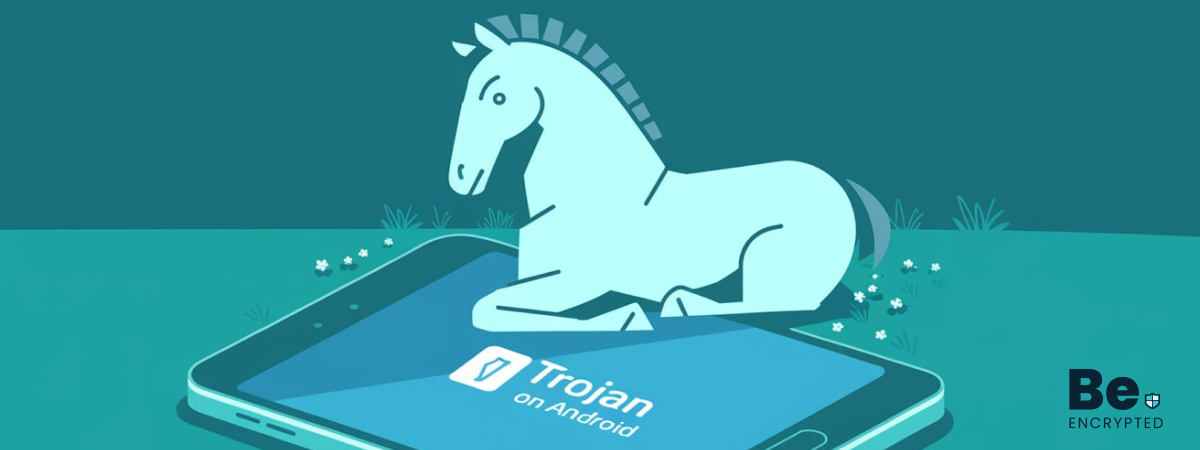
‘Revive’ has been upgraded to a banking Trojan on Android
This month, Cleafy’s security researchers discovered a new Android Banking Trojan in the wild....
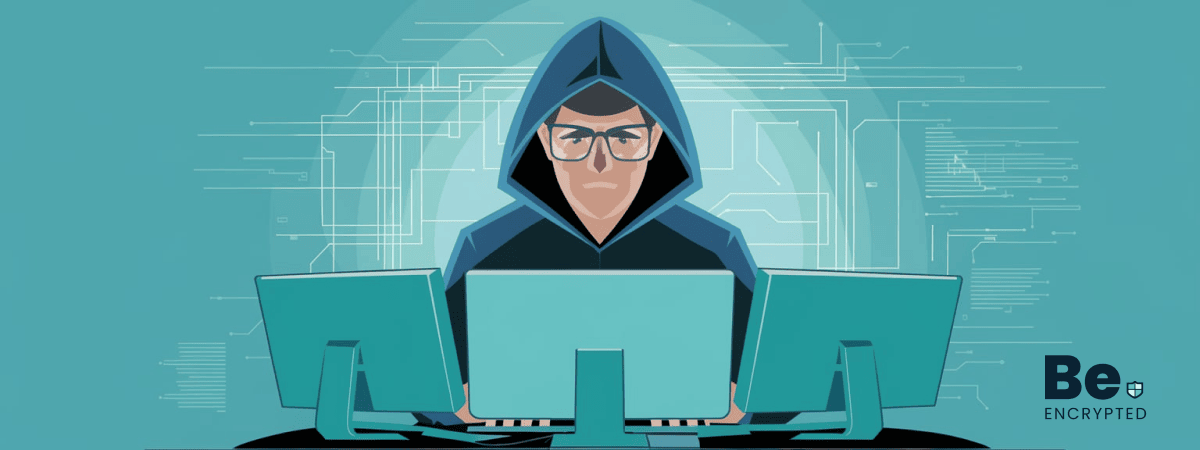
Asian Industrial Control Systems Targeted by Hackers Using the Shadowpad Backdoor
Unpatched Microsoft Exchange servers in various Asian countries were the target of an attack campaig...
Data Breaches Could Occur Due to Kubernetes Misconfigurations That Were Leaked.
Over 900,000 Kubernetes (K8s) have been discovered to be vulnerable to malicious scans and/or data-e...
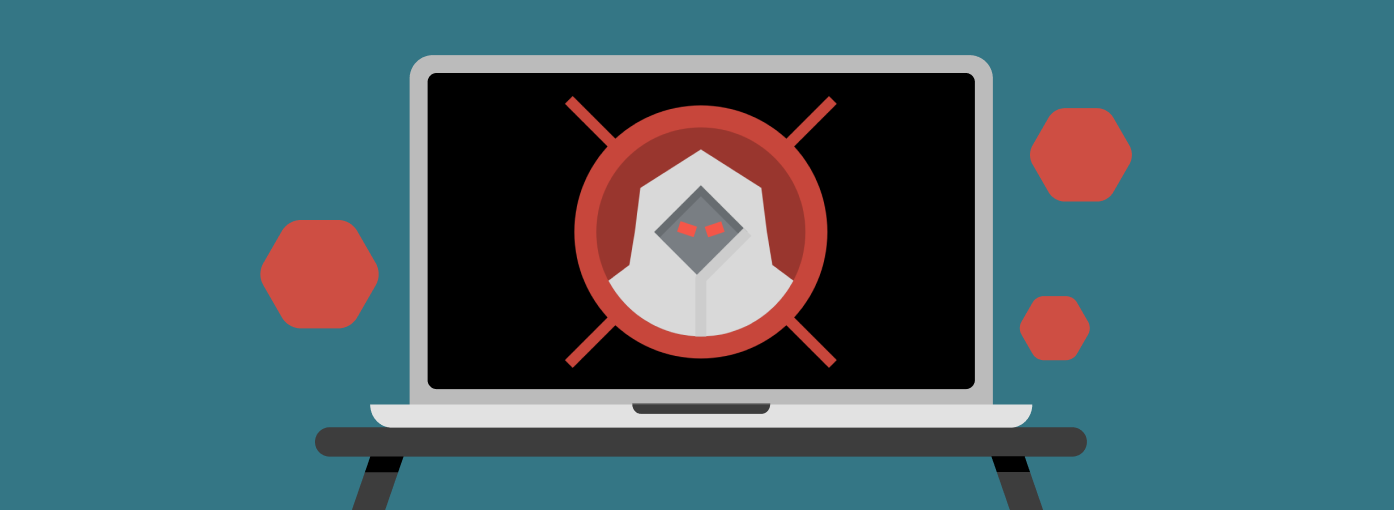
Attacks by Cybercriminals Will Become the Main Threat in 2024. Privacy Issues Tendencies
Internet Privacy is the main Concern today Advertisers track your online activities and interf...
